Did your parents warn you about eating too many sweets or drinking sugary sodas? If so, they were trying to protect your teeth from enamel loss. Tooth enamel, the hard outer layer of your teeth, can start to erode as early as childhood. Frequent consumption of chocolates, candies, and sugary drinks can lead to enamel damage, which often begins with a tingling sensation in the teeth. If you or your child experiences such symptoms, it’s crucial to consult a dentist promptly. Ignoring these signs can lead to sensitive, discolored, or even cracked teeth—all of which are indicators of enamel loss.
Why Enamel Is Vital
Tooth enamel serves as the first line of defense against bacteria and other harmful substances. It protects your teeth from decay and cavities. When this protective layer erodes, the risk of dental problems increases significantly. Addressing enamel loss early is essential for maintaining strong and healthy teeth.
Common Causes of Tooth Enamel Loss
Understanding the factors that contribute to enamel erosion can help you take proactive steps to protect your teeth. Below are some common causes and effective solutions
- Unhealthy Diet
- Dehydration and Dry Mouth
- Improper Oral Care
1. Unhealthy Diet
Acidic and sugary foods can soften and wear down tooth enamel over time. Frequent consumption of items like soda, candy, and citrus fruits accelerates this process. To mitigate the effects:
Limit your intake of sugary and acidic foods. Rinse your mouth with water after consuming these items. Brush your teeth after meals using non-abrasive toothpaste.
2. Dehydration and Dry Mouth
Sugary foods and drinks can cause dehydration, leading to a dry mouth. Saliva is essential for washing away bacteria and neutralizing acids. When saliva production decreases, acids and bacteria remain in your mouth, weakening enamel and increasing the risk of decay. To prevent this:
Stay hydrated by drinking plenty of water. Avoid sugary drinks and snacks that contribute to dehydration. Chew sugar-free gum to stimulate saliva production.
3. Improper Oral Care
Brushing too hard, using a hard-bristled toothbrush, or overusing fluoride toothpaste can damage enamel. To maintain proper oral hygiene:
Use a soft-bristled toothbrush. Learn the correct brushing and flossing techniques from your dentist. Avoid overusing abrasive toothpaste.
The Importance of Consulting a Dentist
If you’re unsure about the cause of your dental issues, a dentist can provide expert guidance and treatment. Enamel erosion, if left untreated, can lead to severe problems like deep tooth decay, which may require advanced treatments such as dental crowns or tooth replacement. Regular dental check-ups allow professionals to identify and address enamel loss early, offering solutions tailored to your needs.
Protecting Your Tooth Enamel
Taking care of your enamel involves both preventative measures and professional care. By adopting a balanced diet, staying hydrated, and maintaining proper oral hygiene, you can minimize the risk of enamel erosion. Additionally, regular visits to the dentist will ensure your teeth remain healthy and strong for years to come.
Remember, your enamel doesn’t regenerate once it’s lost. Protect it now to avoid more significant dental issues later. Schedule an appointment with your dentist today to safeguard your smile!

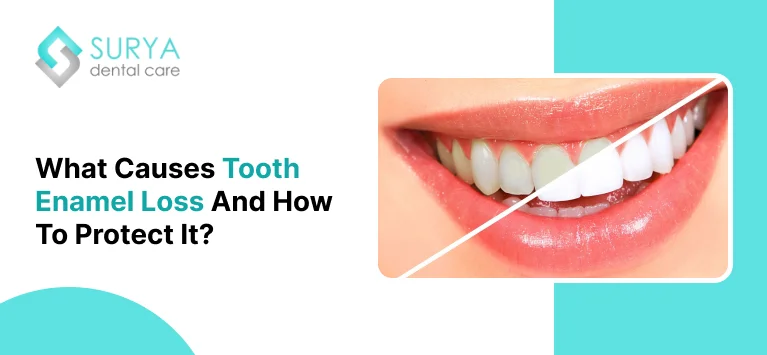




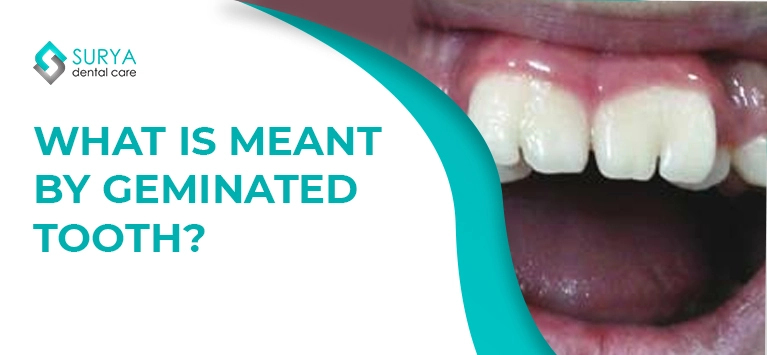
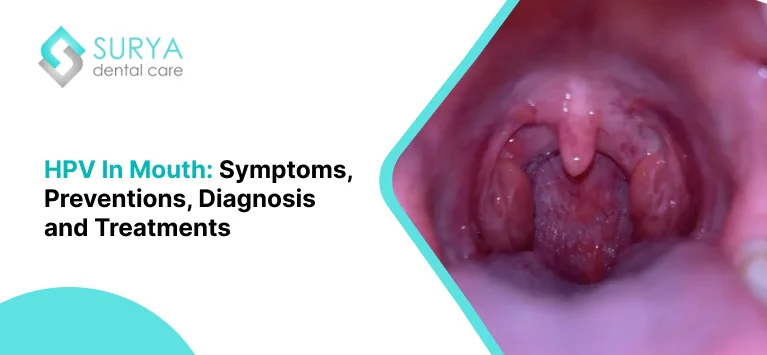
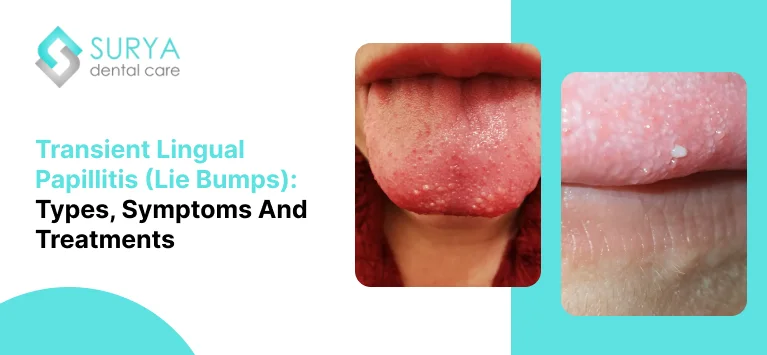
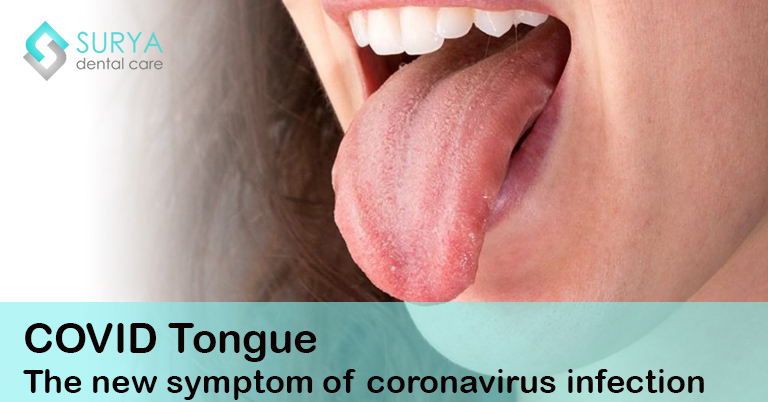
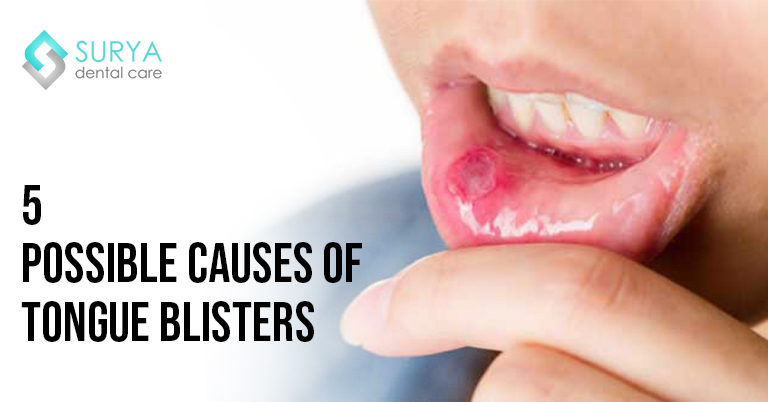
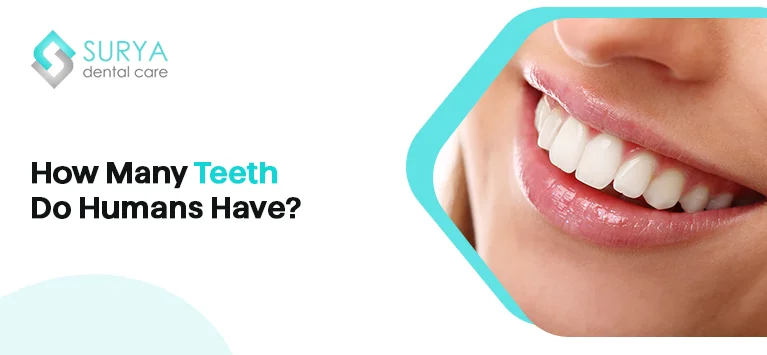
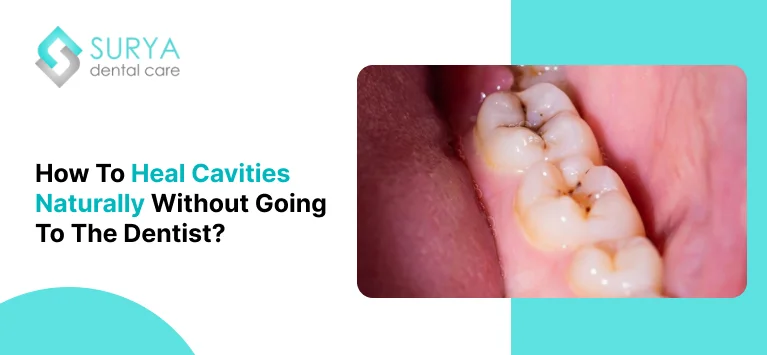
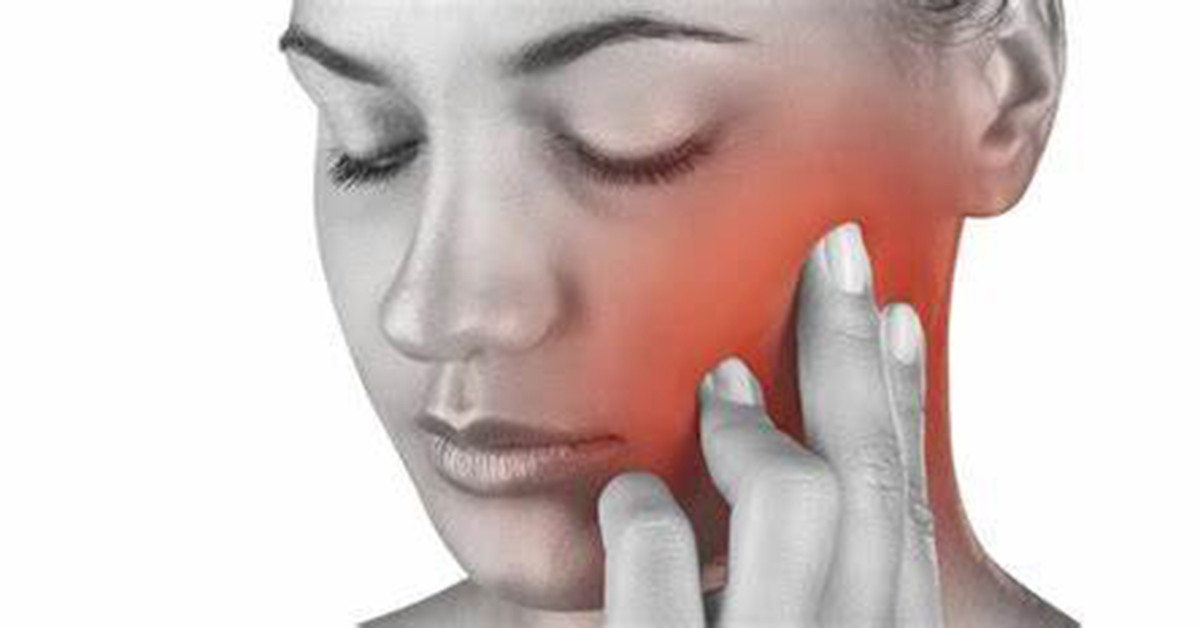
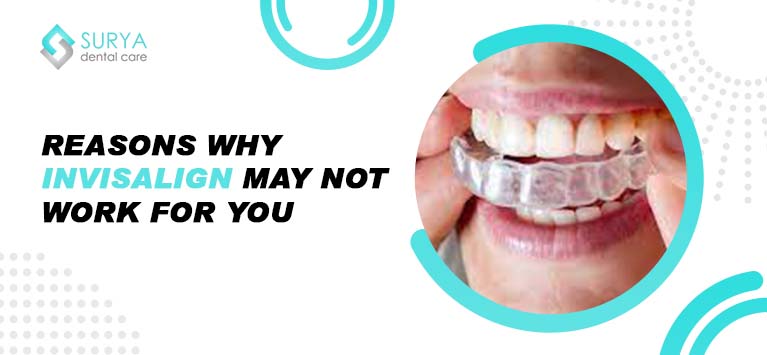
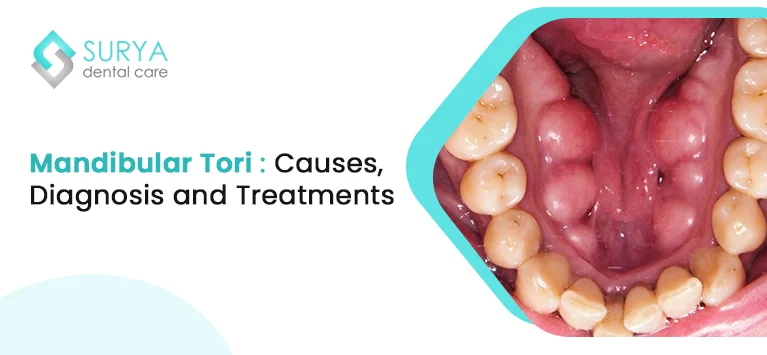

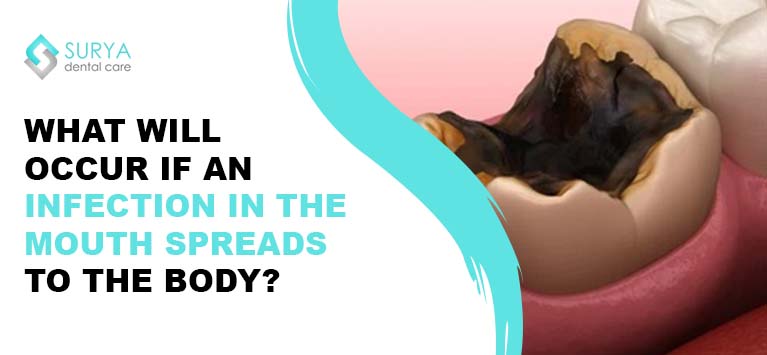
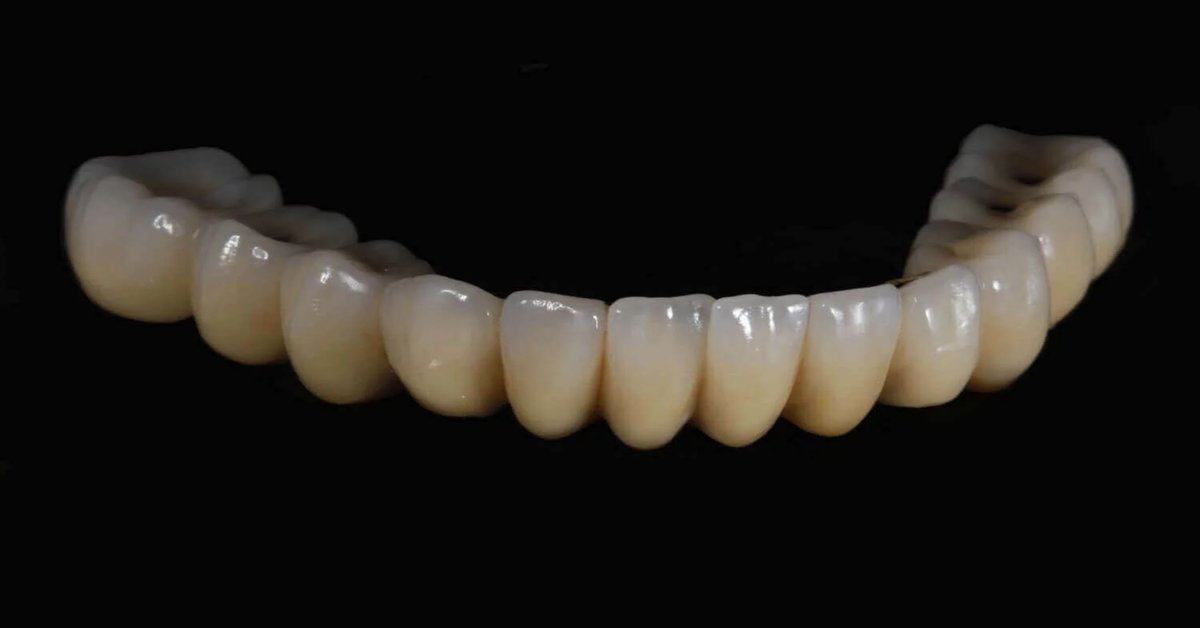


Leave a Comment